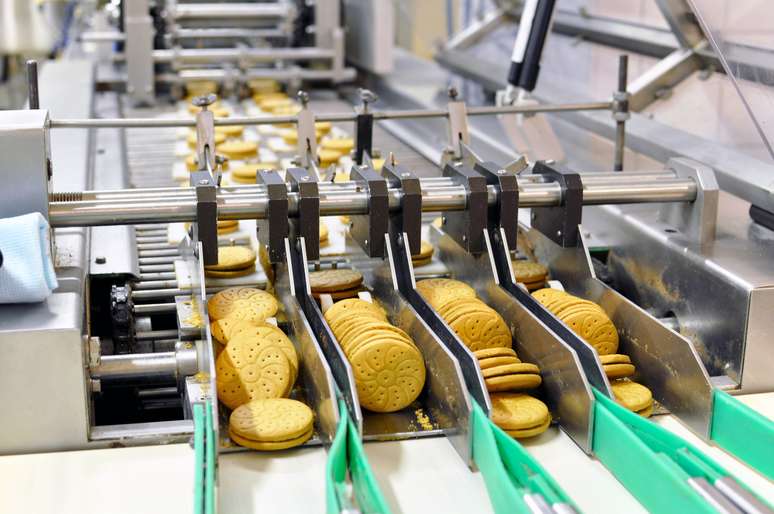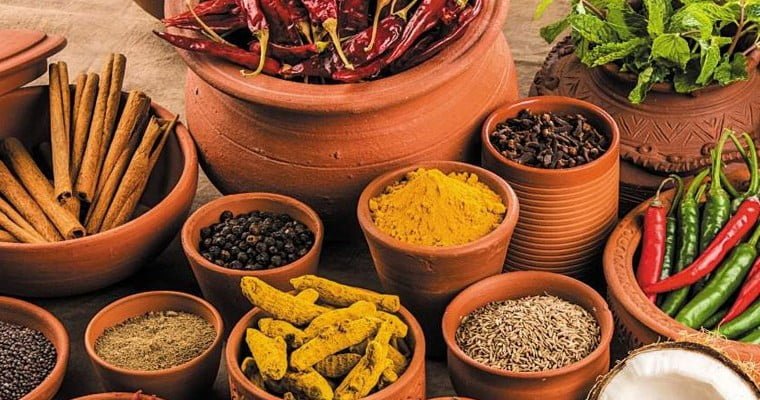In today's diligent customer landscape, the demand for fairly sourced and lasting items has risen. Private label food manufacturers have become trailblazers in this domain name, usually working together with contract food makers to spearhead sustainability and also accountable sourcing initiatives. With a tenacious dedication to environmental values, personal label brands have made it their goal to supply lasting, top notch choices to consumers.
Private Label Food Manufacturers
Recently, private label food manufacturers, also referred to as own brands or shop brand names, have witnessed an amazing rise in appeal. These manufacturers create items offered under the logo design of a retail store, grocer, or private entity. What collections private-label products apart is their capability to use competitive pricing without jeopardizing on top quality.
Contract Food Manufacturers
Lots of private-label food manufacturers join forces with agreement producers to establish their line of product. Agreement food manufacturers are specialists in creating foodstuff for exclusive tags. This private label foods tactical partnership enables exclusive label companies to take advantage of the proficiency, resources, and also specialized food manufacturing facilities of their collaborators.
Sustainability at the Core
Private label food manufacturers employ various strategies to boost sustainability within their supply networks:
Ethical Sourcing:
Personal label companies are increasingly dedicated to sourcing active ingredients according to moral and also fair trade requirements. This involves making certain that producers and employees of resources, such as coffee beans, seasonings, or cacao, get reasonable compensation for their initiatives.
Regional Sourcing:
Prioritizing neighborhood sourcing of components is an additional trademark of private-label food makers. This not only decreases the carbon impact connected with transportation yet likewise supports regional farmers as well as neighborhoods.
Organic Contents:
With the organic food market increasing, exclusive labels are reacting by integrating natural active ingredients into their product. Organic farming methods prioritize dirt health while shunning artificial chemicals and fertilizers.
Sustainable Seafood:
Private Label Food Manufacturers are persistent in ensuring that the fish and shellfish they use is sustainably collected, adhering to standards established by organizations like the Marine Stewardship Council, which promotes liable fishing.
Minimized Food Waste:
Personal label firms are proactively working with reducing food waste by carrying out reliable manufacturing procedures and developing items with longer service life. Some brands are additionally partnering with food rescue companies to give away excess food to those in demand.
Eco-Friendly Packaging as well as Campaigns
Sustainability initiatives by private-label food producers extend past sourcing components to include packaging as well as green efforts:

Lasting Product packaging:
Personal label brands have welcomed environment-friendly product packaging alternatives, including recyclable, biodegradable, or compostable products. Redesigning packaging to reduce excess product and also minimize ecological influence is a top priority.
Waste Reduction:
To lessen wastage, private-label food manufacturers optimize product sizes, reduce excess packaging, and check out innovative product packaging options. Some brands even encourage clients to join reusing programs.
Power Effectiveness:
Lots of personal label makers are purchasing even more energy-efficient manufacturing plants, decreasing water use, and embracing renewable energy sources to even more lower their environmental footprint.
Carbon Neutral Initiatives:
Some private brand name food producers are taking enthusiastic steps to attain carbon neutrality by countering their greenhouse gas discharges via reforestation projects and also renewable energy credit reports.
Difficulties as well as the Road Ahead
In spite of the considerable strides made in sustainability and liable sourcing, private-label food makers encounter difficulties. Balancing sustainability with cost-effectiveness can be a delicate act, often requiring concessions on sustainable ingredients or the expedition of green choices.
However, the future of private-label food manufacturing holds great assurance. As consumer understanding and demand for lasting products remain to climb, private-label brand names and their contract food manufacturing partners are most likely to magnify their initiatives. Cooperation with vendors and financial investment in lasting technical advances and also openness will be pivotal fit a sustainable future for the sector.
Frequently Asked Inquiries
Q1: What are private label food manufacturers?
Private label food manufacturers create products marketed under the logo of a store, grocer, or personal entity. They use competitively priced products without endangering on high quality.
Q2: Exactly how do private label food manufacturers promote sustainability?
Private label food manufacturers promote sustainability with moral sourcing, regional active ingredient purchase, the use of natural components, lasting fish and shellfish techniques, as well as efforts to minimize food waste.
Q3: What green product packaging alternatives do personal label brands make use of?
Exclusive label brand names take on environmentally friendly product packaging alternatives such as recyclable, eco-friendly, or compostable materials. They also redesign product packaging to decrease excess material as well as decrease environmental influence.
Q4: What challenges do private label food manufacturers deal with in sustainability efforts?
Balancing sustainability with cost-effectiveness is a major obstacle for private label food manufacturers. This might require concessions on lasting active ingredients or the exploration of green choices.

Verdict
Private label food manufacturers are at the center of the sustainability as well as responsible sourcing movement within the food industry. Their commitment to ethical sourcing, neighborhood purchase, natural ingredients, and lasting methods, along with their devotion to eco-friendly product packaging and waste reduction initiatives, show their resolution to meet the needs these days's eco-conscious customers.
In spite of the difficulties they encounter, private label food manufacturers are poised for an appealing future. With customers increasingly prioritizing sustainability, the sector is likely to witness also higher cooperation with suppliers, financial investment in sustainable modern technologies, as well as a dedication to transparency. As we move forward, private label food manufacturers will certainly remain to play a crucial role fit a more lasting and moral food landscape for all.